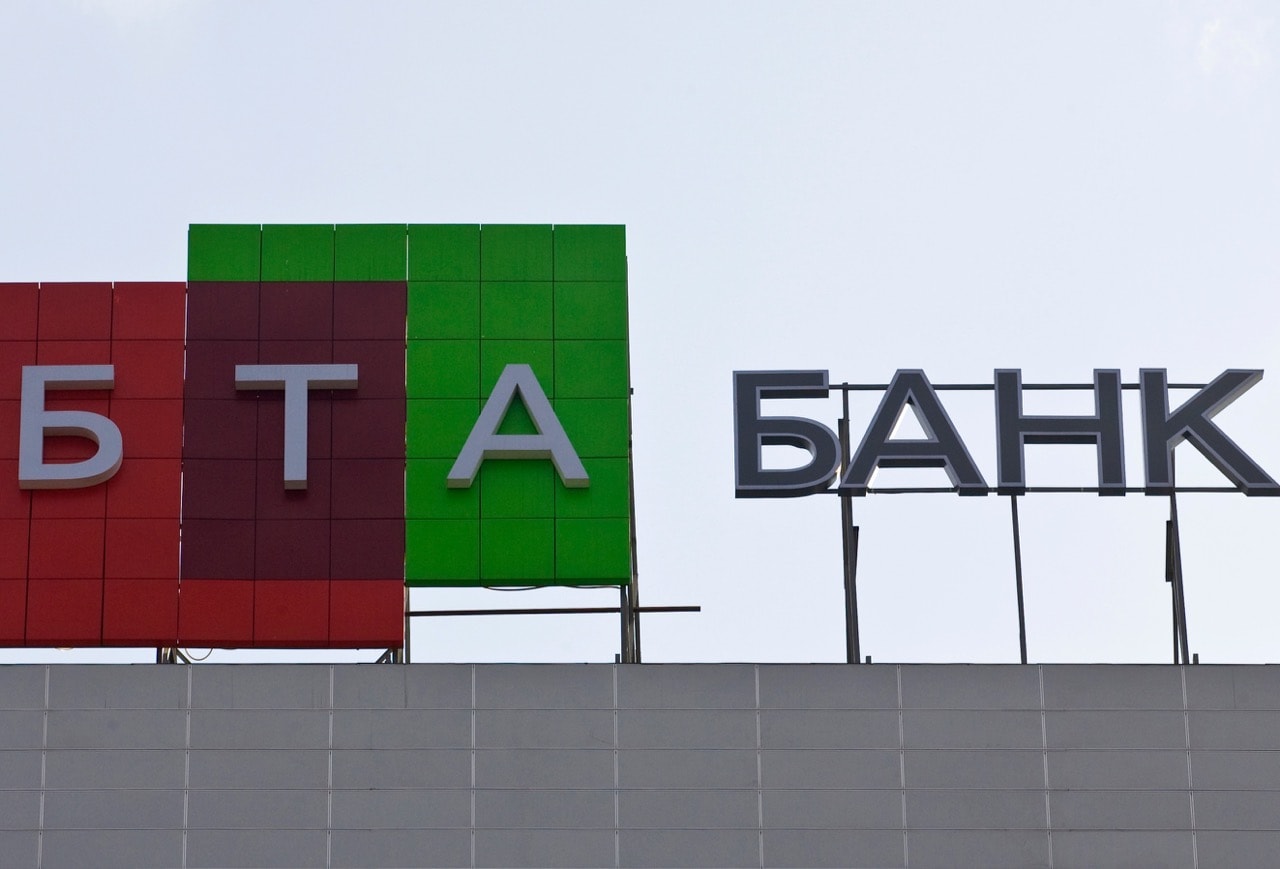Zhanbolat Mamay, editor of the Kazakh opposition newspaper Sayasi kalam/Tribuna was handed a two-month detention order on 11 February 2017. If found guilty, he faces up to seven years in jail.
Free expression and press organisations are calling for the immediate release of Zhanbolat Mamay, the editor of the Kazakh opposition newspaper Sayasi kalam/Tribuna. A court handed Mamay a two month detention order on 11 February 2017, Adil Soz first reported, pending trial on money-laundering charges. If found guilty, Mamay faces up to seven years in jail.
ARTICLE 19 provides details of the arrest and charges:
“On February 10, Zhanbolat Mamay was detained by officers of the National Bureau to Combat Corruption following searches of his house and the newspaper’s offices. Next day, the Medeu district court of Almaty ordered Mamay to be held in a pre-trial detention facility for two months as a measure of restraint. He is accused of using his newspaper to launder funds allegedly stolen from BTA Bank in 2005 – 2009, by Mukhtar Ablyazov, a Kazakh oligarch, in exile since 2009, known for his political opposition to the Kazakh government. Ablyazov has yet to be sentenced formally on these charges. Mamay has been charged under Article 193 (3b) of the old Criminal Code of Kazakhstan, ‘Legalization of Monetary Funds or Other Property Obtained Illegally’ (money laundering), punishable by deprivation of liberty of up to seven years.”
Both Mamay and Ablyazov deny ever having been in contact. Before he was handed the detention order, Mamay made the following public statement: “I, Zhanbolat Mamay, do not plead guilty to charges brought against me. I have never carried out any business or financial activity. I consider this criminal proceeding to be politically motivated pressure brought upon my journalistic activity and [an] attempt to close [the] newspaper Tribuna.”
According to Reporters Without Borders (RSF), Mamay’s colleagues, family and close friends have been interrogated by investigators. Notebooks, mobile phones, computers and other electronic devices have been confiscated.
The Committee to Protect Journalists (CPJ) notes that Mamay, who “has written about official corruption and other sensitive issues,” told Radio Free Europe/Radio Liberty before his arrest that he was being followed. CPJ also provides details of Ablyazov’s reaction to the charges against Mamay:
“Ablyazov, who is wanted in Kazakhstan on charges of laundering some US$6 billion while he was the head of BTA Bank, today wrote on Facebook, calling the charges against Mamay ‘absurd,’ noting that he had never met the journalist, ‘who was 17-20 years old in the period of 2005-2009, when the money laundering allegedly took place.’ The opposition leader denies the charges against him as well, and has for years fought Kazakhstan’s requests to extradite him.”
Mamay’s detention was condemned as an attack on what little remains of Kazakhstan’s independent press:
Johann Bihr, Head of Reporters Without Borders’ Eastern Europe and Central Asia desk, said: “The sole aim of Zhanbolat Mamay’s arrest is to silence one of the few remaining critical media outlets in Kazakhstan. We ask the authorities to release him without delay and to drop the charges against him, which are clearly politically motivated. It is high time that the government’s international partners denounced the destruction of pluralism in Kazakhstan.”
Nina Ognianova, CPJ’s Europe and Central Asia Program coordinator, said: “Kazakhstan’s authorities have systematically cleansed the country’s news media of dissenting voices, and the arrest of Zhanbolat Mamay is one more step in that direction. Kazakhstan should release the editor without delay and cease harassing him for his work.”
Katie Morris, Head of the Europe and Central Asia Programme at ARTICLE 19, said: “This arrest aims to silence Mamay, a critic of the Kazakh authorities, while seeking to intimidate anyone else considering expressing their discontent with state policy. Mamay was well known for his opposition to proposed land reforms in Kazakhstan. His arrest is yet another blatant attack on freedom of expression, and leaves very few independent papers left who can criticize or hold the government to account.”
